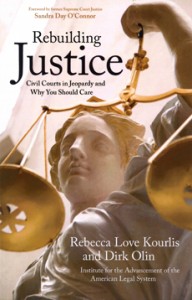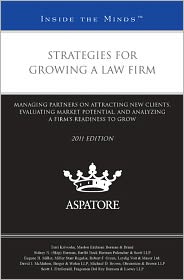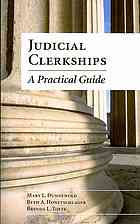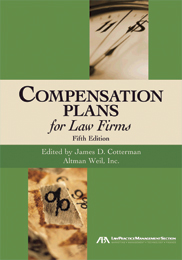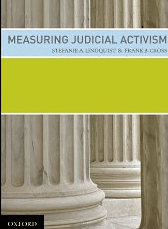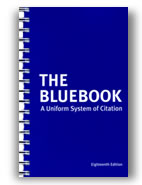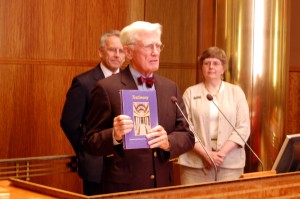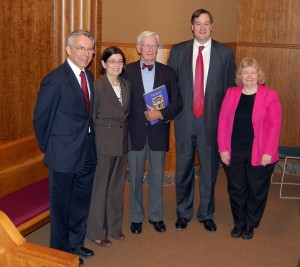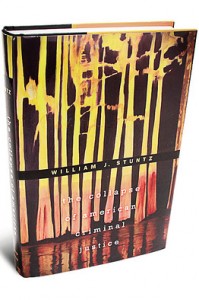 In The Collapse of the American Justice System, Professor William J. Stuntz argues that our current Criminal Justice system is both harsh and ineffective. How do we fix this? The answer is complex, but fundamental components include more trials with local juries; laws that accurately define what prosecutors seek to punish; and an equal protection guarantee like the one that died in the 1870s, to make prosecution and punishment less discriminatory.
In The Collapse of the American Justice System, Professor William J. Stuntz argues that our current Criminal Justice system is both harsh and ineffective. How do we fix this? The answer is complex, but fundamental components include more trials with local juries; laws that accurately define what prosecutors seek to punish; and an equal protection guarantee like the one that died in the 1870s, to make prosecution and punishment less discriminatory.
Leading scholars and critics give this book rave reviews. Justice John Paul Stevens says, “Virtually everything that Professor Stuntz has written is thought-provoking and constructive…Well worth reading.” Paul G. Cassell of the Wall Street Journal wrote, “The overarching themes deserve wide discussion, and the book as a whole can be rightly seen as the capstone to a distinguished legal career. ”
If you are interested in the criminal justice system and how it can be improved, this book is for you.
This book can be viewed at the Ramsey County Law Library. Come visit us on the 18th floor of the Ramsey County Courthouse.
